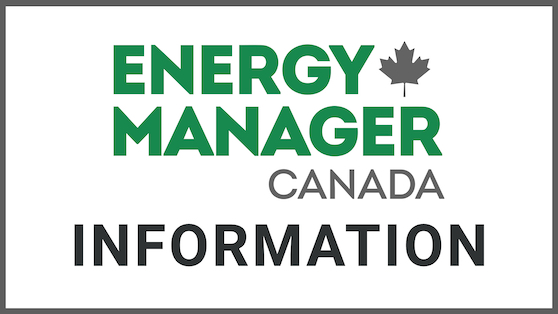
Cleantech
Features
Net Zero
News
Canada tackles refrigeration emissions from ice rinks, grocery stores, cold storage
March 16, 2023 By Anthony Capkun

March 16, 2023 – Canada’s Ministry of Environment and Climate Change is “taking action to reduce harmful pollution from cooling ice rinks, shopping centres, and grocery stores”.
The ministry announced a project type eligible to generate offset credits under Canada’s Greenhouse Gas Offset Credit System. The new protocol, Reducing Greenhouse Gas Emissions from Refrigeration Systems, encourages businesses to upgrade their refrigeration and air-conditioning systems to ones that use refrigerants with lower global warming potentials by rewarding them with offset credits that they can sell to generate revenue.
Commercial or industrial facilities that may wish to participate in the federal offset system using the new protocol include food processing plants, ice rinks, shopping centres, office buildings, industrial parks, retail grocery stores, and cold storage warehouses.
When one of these businesses upgrades or replaces their refrigeration or A/C system, they may be eligible to earn a credit. Each credit represents one tonne of carbon dioxide equivalent (CO2e) reduced or removed from the atmosphere, and is tradeable to facilities regulated under the federal pollution pricing system for industrial emitters (the Output-Based Pricing System) to help these facilities “with compliance costs and maintain business competitiveness”. Credits can also be sold to others who will use them to meet voluntary emission reduction targets or net-zero commitments.
To be eligible to earn credits under the Greenhouse Gas Offset Credit System, offset project activities must achieve “real, additional, quantified, verified, unique, and permanent greenhouse gas emission reductions or removals”.
For example, “the greenhouse gas reductions or removals to be counted in the federal offset system must result from activities that go beyond legal requirements and business-as-usual practices, and that are not already incentivized by carbon pollution pricing”.
Credits will only be issued and become available for use after the project has been implemented and proponents have submitted their first project reports—and all requirements are met.
Print this page